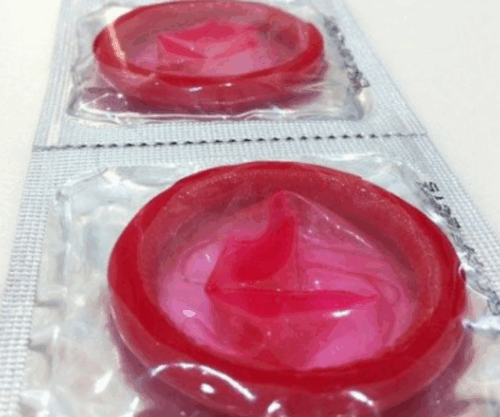
Gastroesophageal reflux disease (GORD), or gastric reflux, can occur for a number of reasons – being overweight, smoking, indulging in alcohol, genetics, and structural abnormalities. Luckily, symptoms associated with these causes can be effectively addressed through treatment.
Dr Barbara Makumbi, a medical specialist who also goes by the name Dr B, provided a list of symptoms as well as how GORD can be treated.
Symptoms
Heartburn
A classic sign of GORD is heartburn – a burning feeling rising from the stomach or lower chest and radiating towards the neck, throat and back. “It usually occurs after eating, especially with large meals or after eating spicy food, citrus, fat, chocolates and alcohol,” notes Dr B.
The symptom can also be worsened by certain body positions, including lying down on your back and bending forward. Dr B explains, “As gastroenterologists, we are very interested in a concept called the gut-brain axis, meaning, anything that hinders the mind psychologically has a direct link neurologically to the gastrointestinal systems functioning.
“This can be seen in GORD patients where, for example, sleep deprivation and psychological stress may lower a patient’s threshold for pain and make GORD heartburn pain significantly worse. Alternatively, in some patients, night-time heartburn may occur when waking a patient up during the night, leading to difficulty returning to sleep.”
Regurgitation
Another symptom is the effortless return of the stomach contents upward to the mouth or back of the throat, known as regurgitation. This is sometimes accompanied by a bitter taste in the mouth.
Less common symptoms
Burping, hiccups, nausea, vomiting, and water brash are some of the less common symptoms of GORD. Water brash is the sudden appearance of sour or salty fluid in the mouth. It is not regurgitated fluid but comes from salivary glands.
Lastly, people may also experience difficulty swallowing, which can occur in 30% of patients with GORD or those with severe complications of GORD, such as inflammation and ulceration of the oesophagus or a stricture (a narrowing of the area). “Another important complication of longstanding GORD is the disease Barrett’s Oesophagus where the lining of the oesophagus changes, becomes precancerous and can lead to oesophageal cancer,” states Dr B.
Treatment
Lifestyle modifications
“Management of GORD is initiated with lifestyle modifications, especially for mild and intermittent cases, but the principals are important for all patients suffering from the condition,” says Dr B.
Such lifestyle modifications include the following:
- Losing weight: This decreases upward abdominal and gastric pressure that increases reflux.
- Elevation of the head and upper torso when sleeping: This allows gravity to assist in the decrease of reflux episodes.
- Sleeping positions: Studies have shown that lying on the left side to sleep versus lying on the right side is also helpful anatomically (lying on the right side favours reflux).
- Dietary changes: Reducing the size of meals, avoiding fat, citrus, spicy food, tomato-based products, chocolate, peppermint, caffeinated drinks, or sodas is advised.
- Avoid lying down after meals and eating dinner at least three hours before bed: This allows the stomach to be relatively empty for the night.
- Restrict alcohol and smoking.
“It is important to take note that the triggers of GORD differ from patient to patient and the runner stamp approach of avoidance of food is not logical,” explains Dr B. “A diet should be tailored and planned to suit the patient being treated. A dietician can be helpful in this regard. It is also helpful to keep a food diary to take note of your triggers.”
Over-the-counter medication
There are several agents available to reduce the acidity of gastric acid. These include:
- Antacids: This buffers gastric acid for short periods and needs to be taken frequently or on demand. They are usually effective when taken 1-3 hours after meals.
- Gaviscon: This works when mixed with saliva to form a viscous solution that floats on the gastric fluid and acts as a mechanical barrier.
Prescription medication
The following can be taken to treat GORD:
- Histamine H2 Antagonists (H2RAs): Cimetidine and ranitidine are better for nighttime symptoms of GORD.
- Proton pump inhibitors (PPIs): These are the most commonly prescribed and effective treatments for GORD heartburn and regurgitation. They enable the healing of inflammation that may be present in the oesophagus and prevent complications of GORD.
- Acid inhibition from the PPIs: This increases the stomach pH to >4 from 10 to 14 hours a day.
Surgical options
This option of treatment is available for select cases with significant severity.
Also see: 5 Causes of gastric reflux




